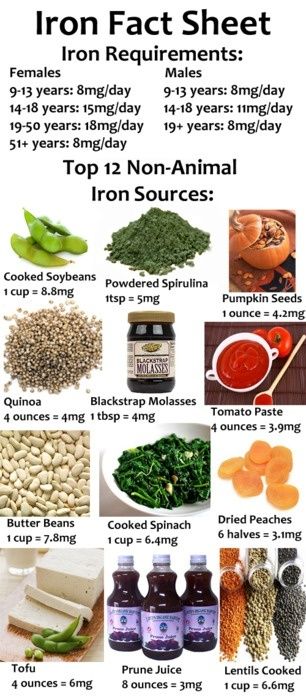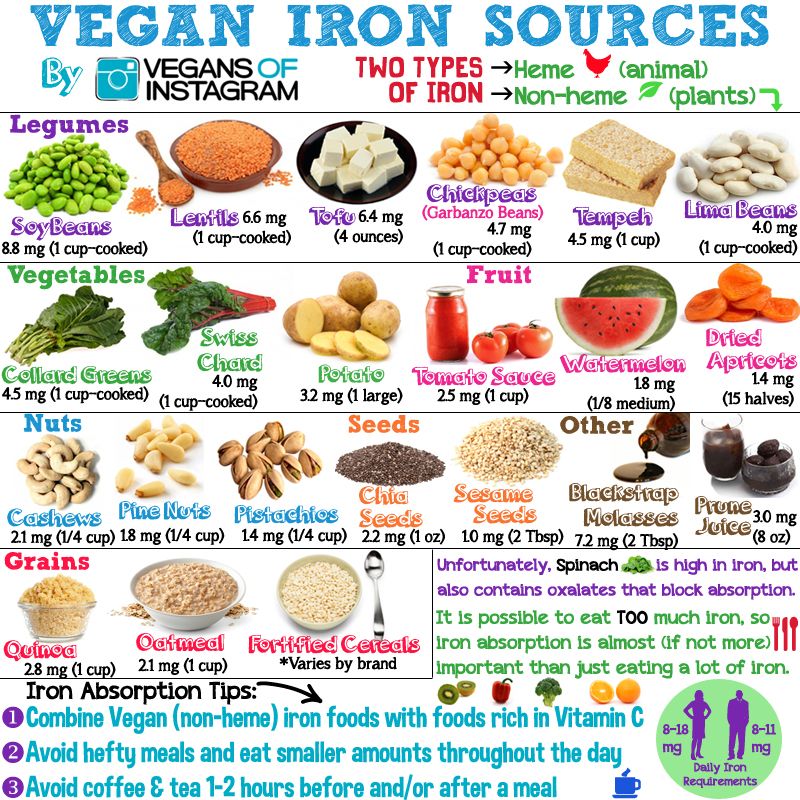- Joined
- Apr 28, 2018
- Reaction score
- 0
- Age
- 31
- Lifestyle
- Other
Hola herbivores,
I literally just created an account so I could post this, and please forgive my simple *** if this is a thread that has been posted on here already - if so please feel free to send me a link
Anyway !
So I've been morally in-line with the whole vegi/vegan thing for the past 1-2 years(ish). I really **** with the arguments; environmental / ethical / sustainability. But I guess I have low will power, or I'm just applying the wrong strategy to my diet. I almost never buy meat now when I'm at the super market or out at a restaurant, but if I'm round at someone's house and they've cooked me a meal with meat in it I don't turn it down, and I'm liable to order something non-vegi if I've had a drink. Right now I'd say I have meat possibly once, or twice a week. Which is down a lot from what I used to be like.
I guess my question for you guys is this - whenever I do have meat, I feel absolutely re-energised after. I feel like I have a different kind of energy in me, like my mind feels a bit sharper, and my energy levels spike - I'm often more productive, and even a little more positive in my mental health game. I did a little research and it's not uncommon for vegans to report higher levels of depression than meat eaters.
Which has made me think - I'm probably missing out on some key nutrients that are present in meat, which is why my body feels better after consumption. So I'm asking you guys - what are they? And how do I get them by going down the vegi / vegan route? Is it protien, iron, zinc, selenium, vit A,B/ D? This has been causing me a lot of stress, because my conscious desperately wants to go vegetarian / vegan, but I don't think I can deny that meat has some nutritional benefits, and I don't want to be walking around all day feeling **** because I'm malnourished.
I'm very much working by trial and error basis with this vegan thing, there's so much contradictory data out there, like you can google the benefits of eating meat, or the benefits of going plant based and different studies tell you contradictory information, so all I can really go off is how I feel applying each strategy. And perhaps there's also a margin for personal difference, maybe I'm just one of those people that needs a balance? And perhaps minimal meat may be better than abstinence.
Would really appreciate some thoughts on this from people who have been in the vegan game for longer than me - I am asking for help! I'll be around today and tomorrow checking this thread to reply to any advice you have
Peas & love
Sam
I literally just created an account so I could post this, and please forgive my simple *** if this is a thread that has been posted on here already - if so please feel free to send me a link
Anyway !
So I've been morally in-line with the whole vegi/vegan thing for the past 1-2 years(ish). I really **** with the arguments; environmental / ethical / sustainability. But I guess I have low will power, or I'm just applying the wrong strategy to my diet. I almost never buy meat now when I'm at the super market or out at a restaurant, but if I'm round at someone's house and they've cooked me a meal with meat in it I don't turn it down, and I'm liable to order something non-vegi if I've had a drink. Right now I'd say I have meat possibly once, or twice a week. Which is down a lot from what I used to be like.
I guess my question for you guys is this - whenever I do have meat, I feel absolutely re-energised after. I feel like I have a different kind of energy in me, like my mind feels a bit sharper, and my energy levels spike - I'm often more productive, and even a little more positive in my mental health game. I did a little research and it's not uncommon for vegans to report higher levels of depression than meat eaters.
Which has made me think - I'm probably missing out on some key nutrients that are present in meat, which is why my body feels better after consumption. So I'm asking you guys - what are they? And how do I get them by going down the vegi / vegan route? Is it protien, iron, zinc, selenium, vit A,B/ D? This has been causing me a lot of stress, because my conscious desperately wants to go vegetarian / vegan, but I don't think I can deny that meat has some nutritional benefits, and I don't want to be walking around all day feeling **** because I'm malnourished.
I'm very much working by trial and error basis with this vegan thing, there's so much contradictory data out there, like you can google the benefits of eating meat, or the benefits of going plant based and different studies tell you contradictory information, so all I can really go off is how I feel applying each strategy. And perhaps there's also a margin for personal difference, maybe I'm just one of those people that needs a balance? And perhaps minimal meat may be better than abstinence.
Would really appreciate some thoughts on this from people who have been in the vegan game for longer than me - I am asking for help! I'll be around today and tomorrow checking this thread to reply to any advice you have
Peas & love
Sam


